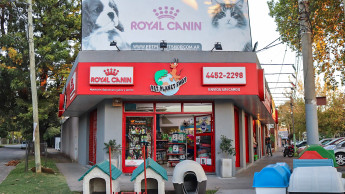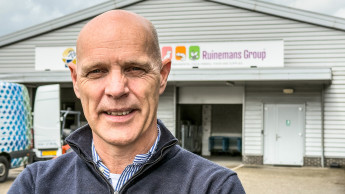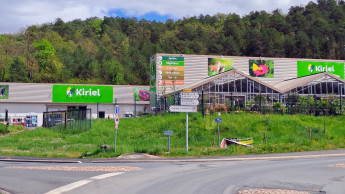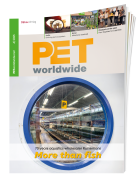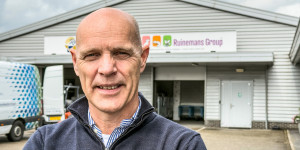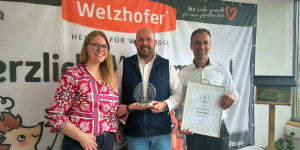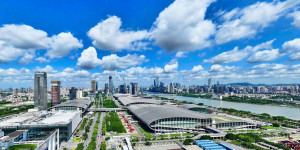Information terminals are an important part of the concept.
The Future Store is the first project of the Metro Group Future Initiative. Partners of the Metro Group include SAP, Intel and IBM as well as nearly 40 other companies from the IT, service and consumer goods industries. All of them have a common goal of actively contributing to the future of the industry and driving forward the modernisation of the sector. The development of uniform standards applied on a worldwide basis is being planned in the long term.
Automatic self checkouts in the Metro Group’s Store of the Future.
The use of so-called RFID technology (Radio Frequency Identification) is being tested in the Extra Future Store. This type of technology is currently used mainly in the backstore inventory management of the store. In the store itself, RFID tags are attached to various products. A tiny computer chip embedded in the tags contains the product code and with it all the important information on the individual products. This includes the item number, which can be transmitted by radio frequency. The RFID tags lose their function when the product leaves the store. This type of tag will replace the conventional bar code labels in future on a worldwide basis.
Electronic price tags
Electronic price tags are attached to the shelves and price changes are sent automatically to the display on the shelf and simultaneously to the till. Price tags update themselves and shelves notice when they become empty. Clever technologies make the equipment in the Future Store intelligent. A small, mobile hand-held computer accompanies customers through the store on their shopping trip. Equipped with an interactive screen (touch screen) and a scanner, the mini-computer offers advice, information and assistance. Customers can collect bonus points with each shopping trip, they scan and obtain products themselves, and receive comprehensive product information as well as an overview of the total price of the goods that they want to buy. They can call up the in-store location/ aisle of a particular product and receive information about special offers.
Electronic price tags update themselves.
In connection with the personal loyalty card, the Extra Future Card with payback- function, the personal shopping assistant can be adapted to the wishes of individual customers. Customers are greeted by name and receive a proposed shopping list based on their last shopping trip, which they can then change as they wish, as well as promotions and information about special offers. The shelf collates products automatically with the help of the RFID tag and notices when they are taken off the shelf or put in the wrong shelf space. This information is sent to the computer system. Shelves can be refilled quickly and products are therefore always available.
Goods produced according to demand
The technologies and systems that are to be tested and further developed within the scope of the Metro Group Future Store Initiative aim to achieve one thing in particular: to make the retailing processes in the industry more efficient. This is especially the case with RFID technology. With RFID, the path of the goods from production to the transport chain and the store is always under control and products can be traced and documented. The stock of goods in the store is checked automatically. Order processing, backstore storage and transport can be simplified and accelerated, which leads in turn to an operation where goods are produced according to demand. Out-of-stock situations in the store can be avoided much more easily this way.
The Metro Group is extremely satisfied with what it had achieved by the first anniversary of this store. Nearly 80 per cent of customers have used one or more of the technologies available in the store by now, and the trend is growing. This is mainly the case with the automatic self check-outs, where 44 per cent of customers have paid at least once. In an earlier customer survey carried out in July 2003 this figure was only 28 per cent. Regular use is also on the increase, emphasises the Metro Group. It has doubled at the self check-outs and has increased at the intelligent scales from 60 to 67 per cent of customers.
Various Future Store technologies are to be applied gradually in the stores. In the first instance, 200 self check-outs will be installed in 50 Real and Extra stores. And intelligent scales are to be used increasingly in Metro subsidiaries.
Metro Group Future Store Initiative in numbers
Partners: Metro Group, Intel, SAP and about 40 other companies from the consumer goods industry and the IT sector.
Opening: First opened as Extra convenience store on 2 November 1977, re-opened as Extra Future Store on 28 April 2003.
Retail area: 3,855 m²
Total number of employees: 124
Technological innovations:
• Personal shopping assistant for customers
• Intelligent scales
• Electronic product tagging
• Electronic promotional displays
• Information terminals
• Self check-outs
• Radio Frequency Identification (RFID) for wireless transmission of data
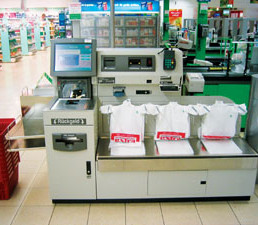
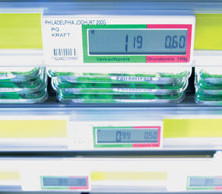

 Menü
Menü

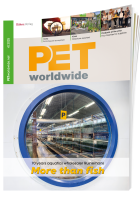



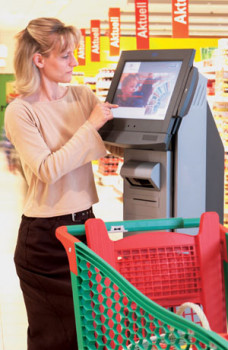
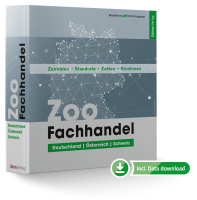
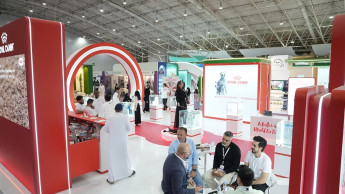
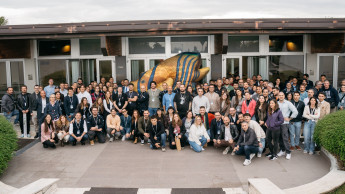
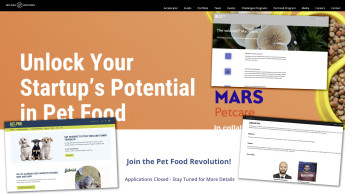
 Print - digital - online
Print - digital - online